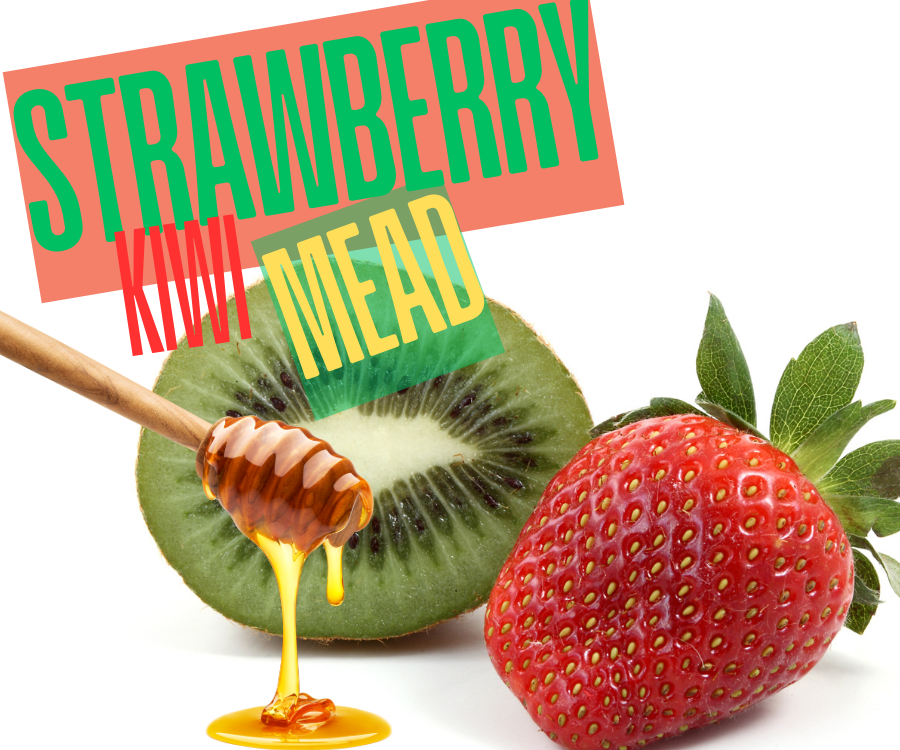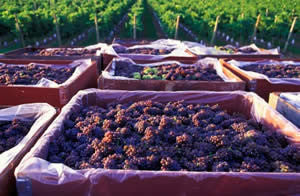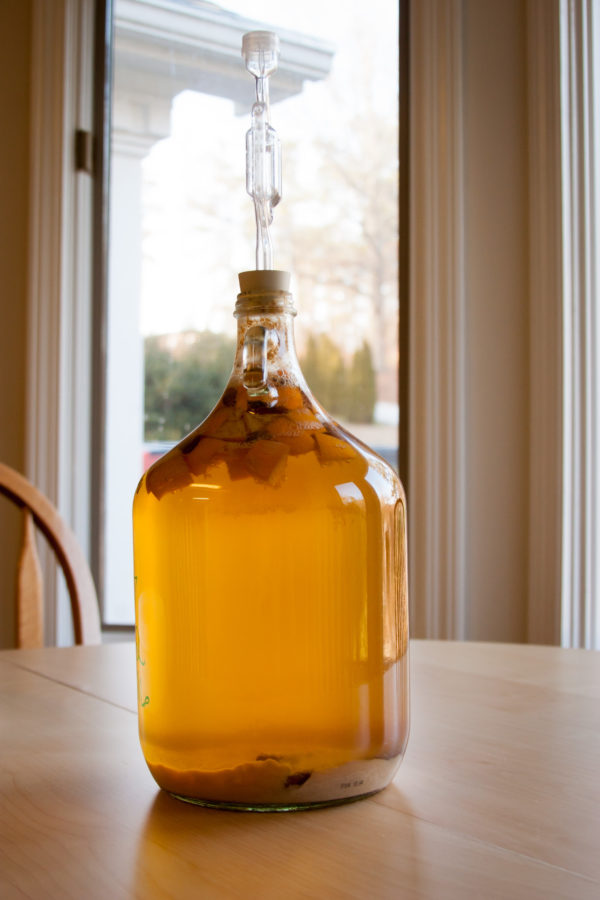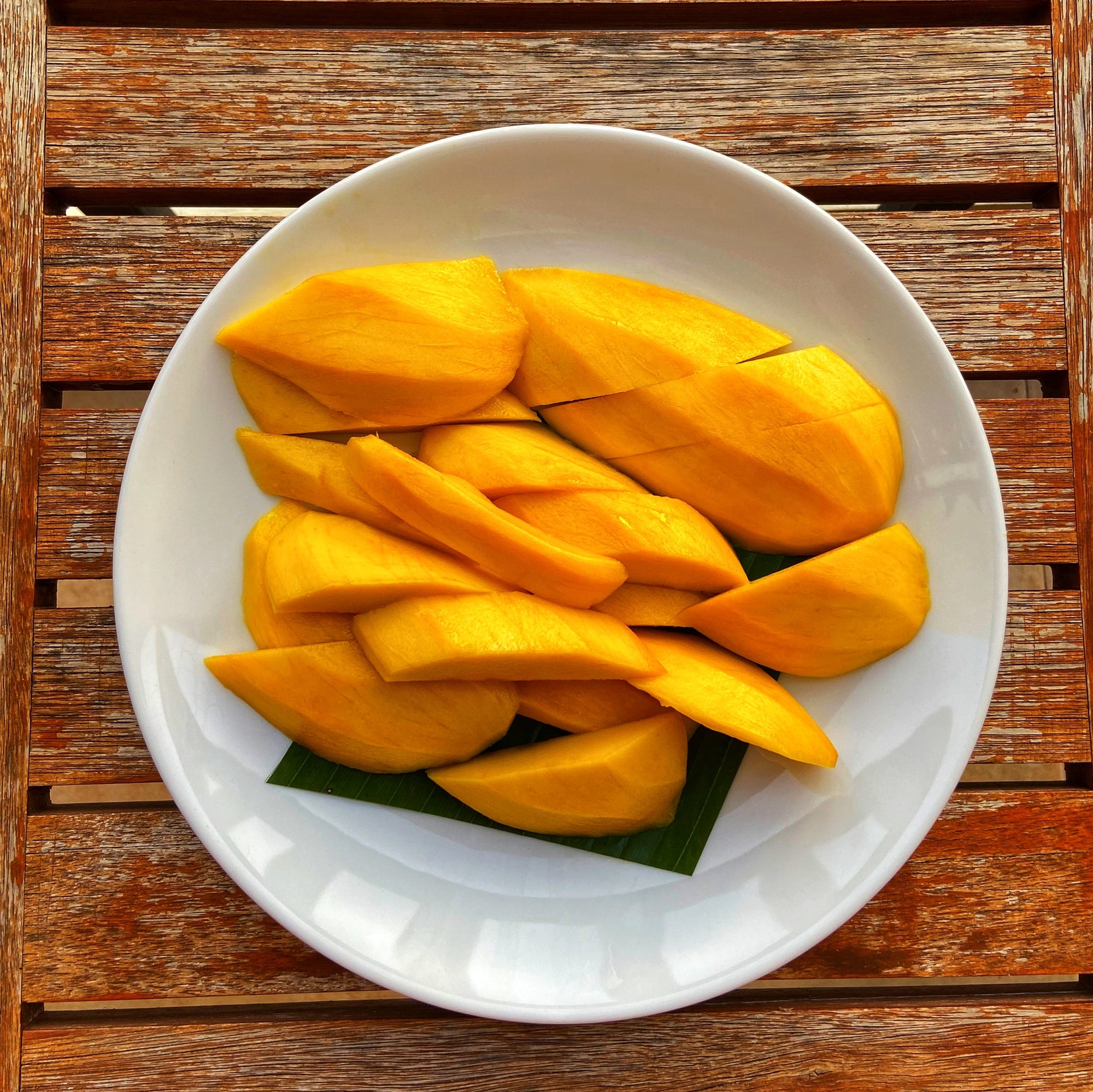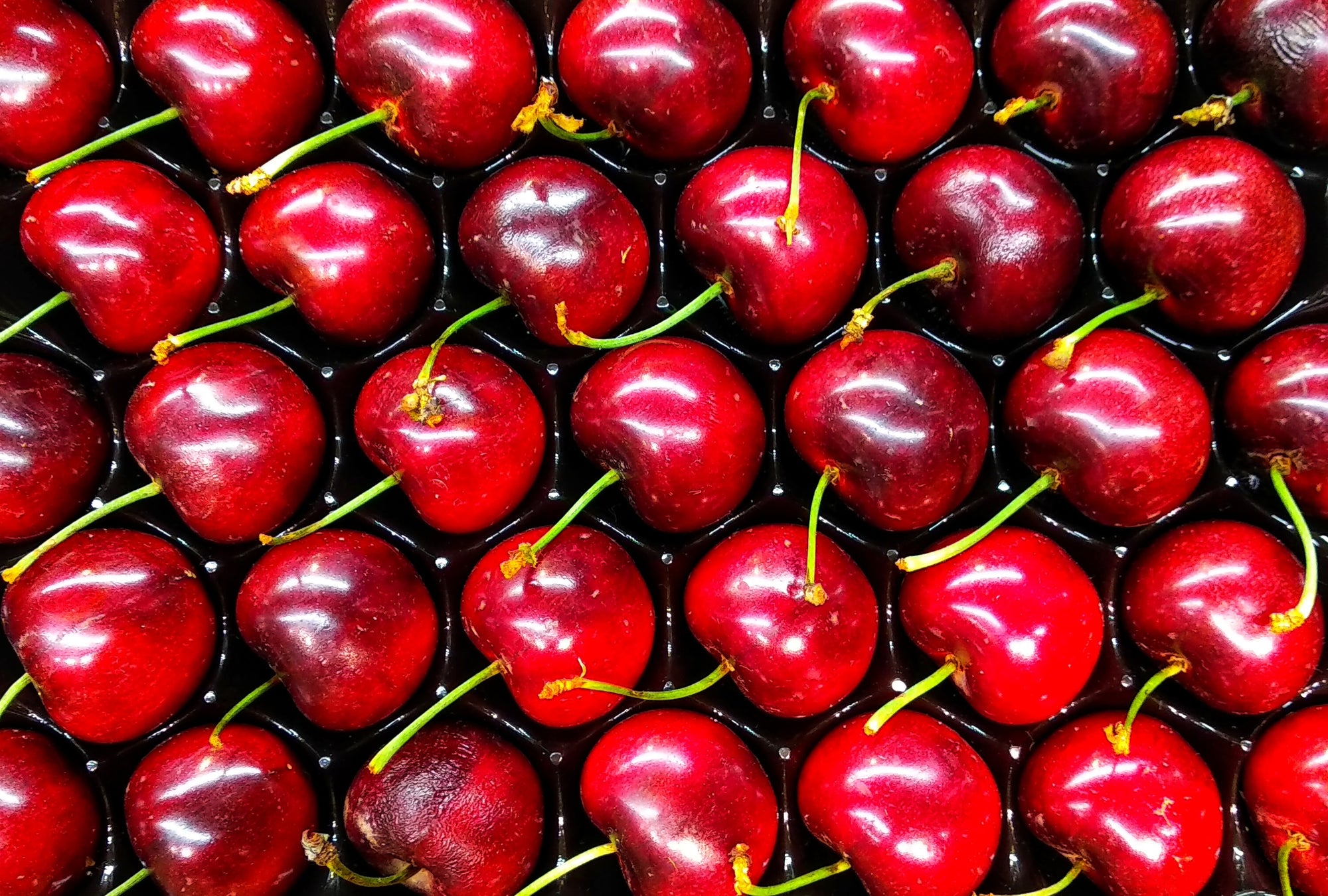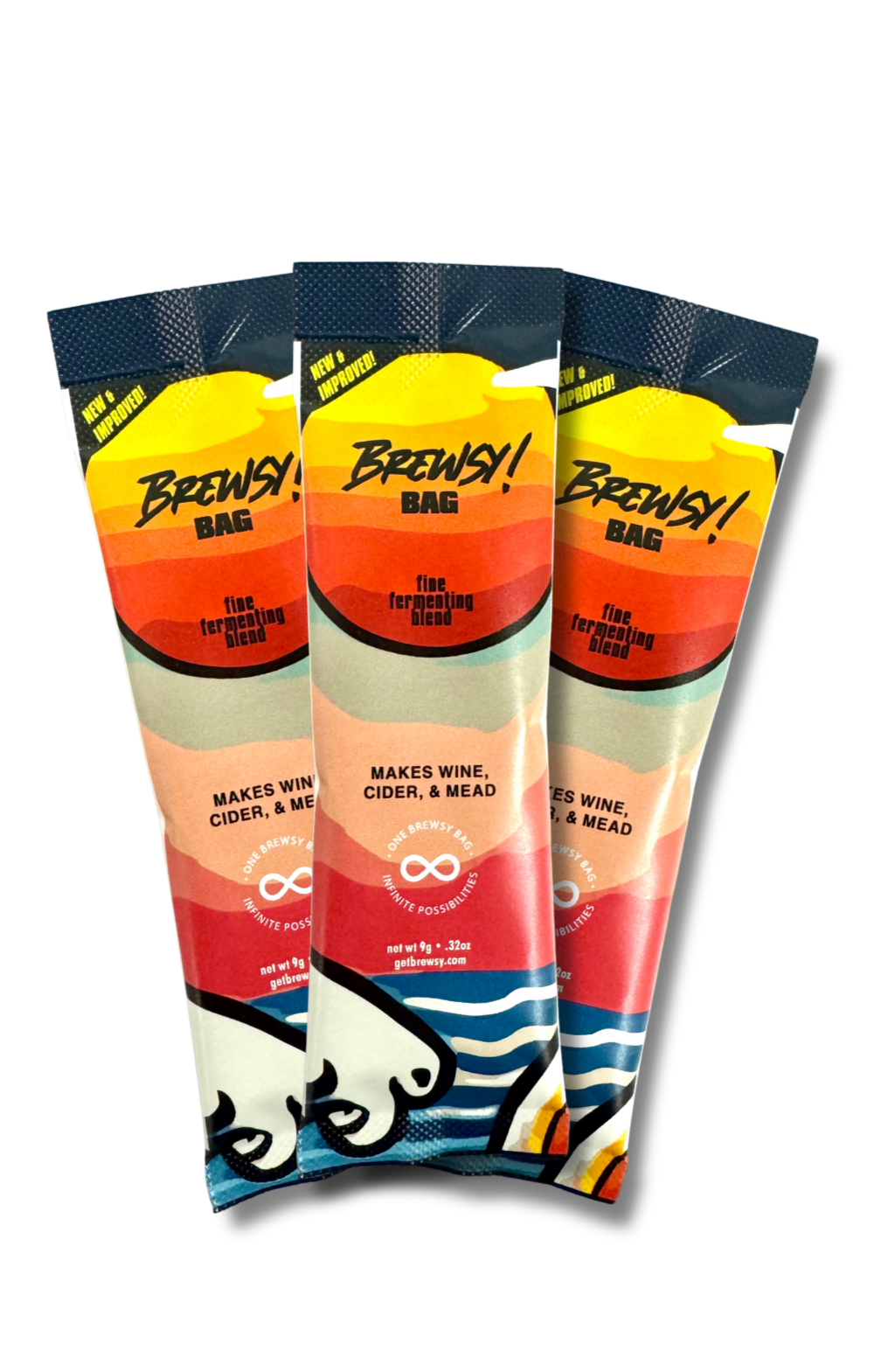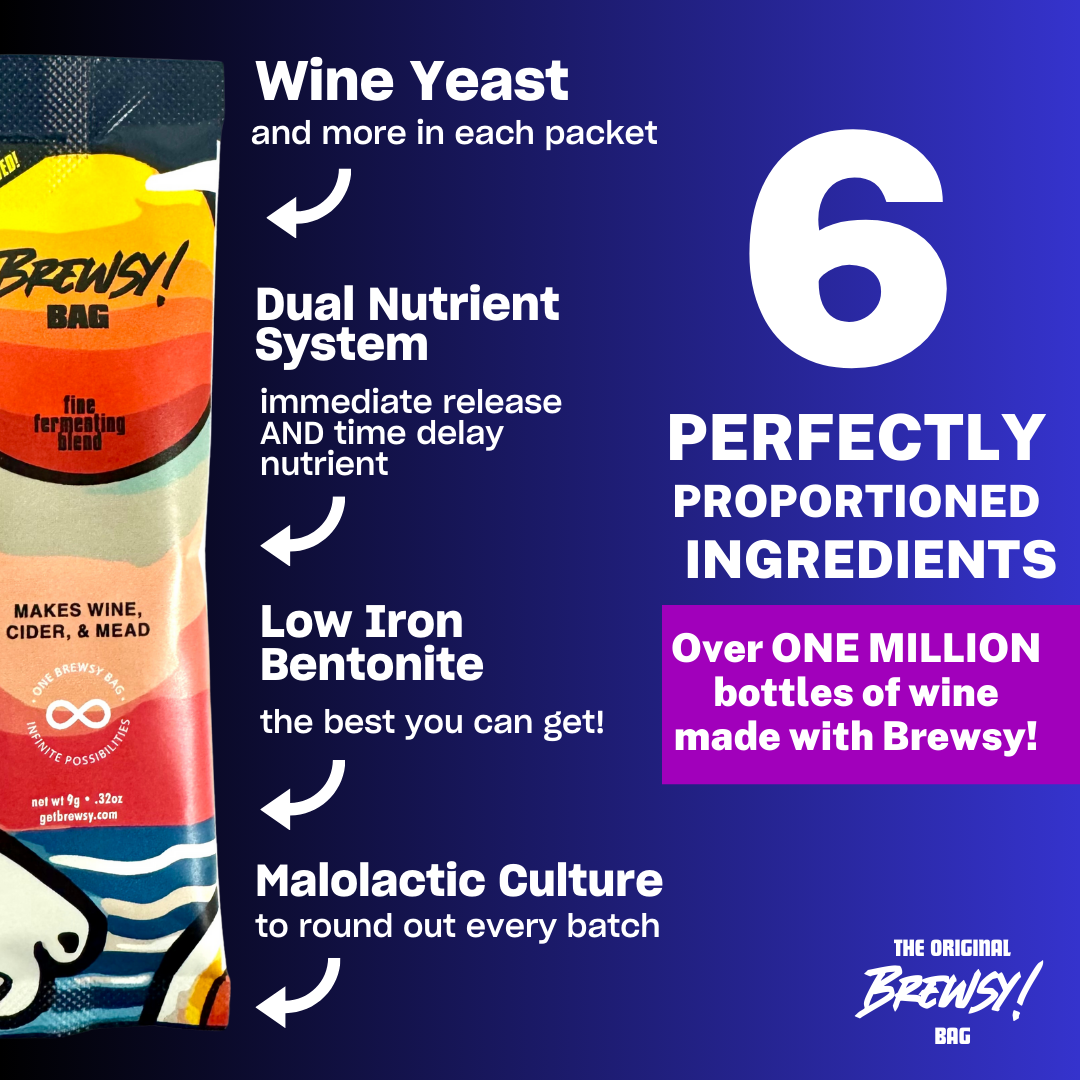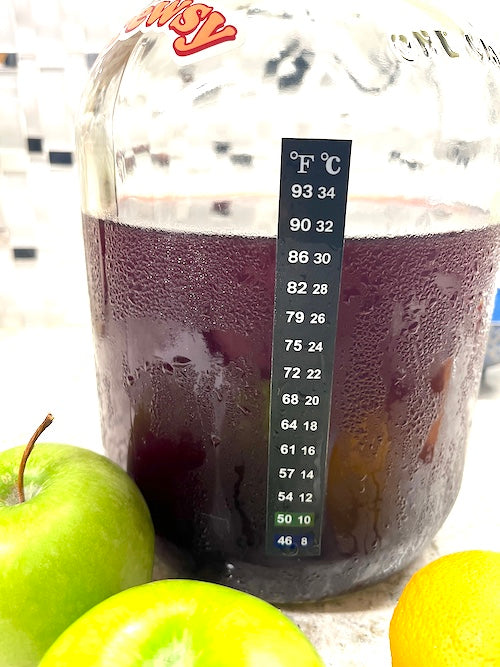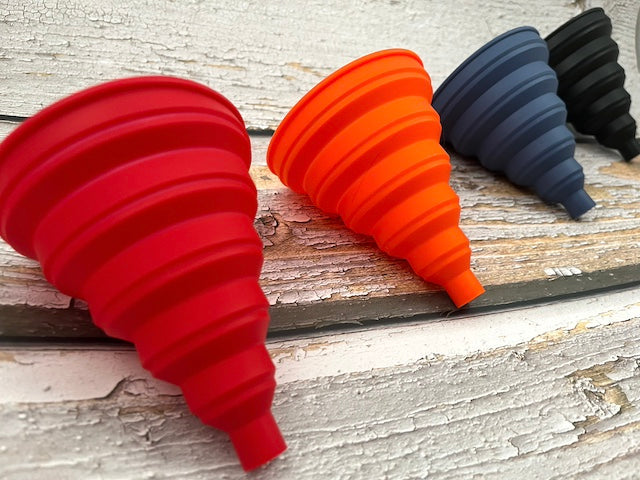
Mulled Wine: A Warm and Spiced Christmas Tradition
Mulled Wine: A Warm and Spiced Christmas Tradition
Mulled wine, also known as spiced wine, is a hot or warm and spiced punch that dates back to the second century BC. As the Romans traveled across Europe, they would heat up their red wine to stave off the cold. As their conquest grew, so did the spread of heated wine across their own empire as well as with the people with whom they bartered and traded. During its popular spread, Europeans began adding and mixing spices as they believed it offered great health would ward off disease. As some wines were not really great in taste, they also began adding flowers and herbs to act as a natural sweetener, thus, making the wine more palatable.
Flowers added to wine in the mediaeval times were not only to sweeten the taste but also to disguise the fact that many wines had gone off and tasted vinegary. The herbs used were usually those which were thought to promote health, such as rosemary, thyme, basil, bay leaves and marjoram.
Some spices for mulled wine include cloves, star anise, cinnamon sticks, vanilla beans, fresh ginger root and orange zest. The Forme of Cury, a medieval cookbook mentions spiced wine as a regular drink during the winter months and was served to royalty. It wasn't until the 16th century that mulled wine became popular in the UK during Christmas. British mulled wine is different because it is made with cider or ale and sometimes a shot of whiskey, brandy or rum is added.
Mulled wine has been apart of traditional Christmas culture for centuries and still maintain its popularity in contemporary culture. While the recipe for mulled wine has changed over time, the warmth and comfort it provides during the winter months remains the same. Whether you're sipping on it at a Christmas party or cozied up by the fireplace, mulled wine is the perfect drink to help you get into the holiday spirit.
As with a lot of things, mulled wine eventually lost a lot, if not all, of its novelty in Europe with the exception of Sweden where it only gained more traction, and after a few centuries, developed into its own style called glogg.
Swedish glogg is made by mixing red wine, vodka, and a bunch of spices like cloves, cinnamon sticks, cardamom pods, and orange peel. This concoction is then simmered for a few hours before being strained and served hot with raisins and blanched almonds.
While glogg might be the more potent drink, mulled wine is still the more popular of the two. If you find yourself at a Christmas party in Europe, chances are you’ll be served mulled wine instead of glogg. So, if you really want to get into the Christmas spirit, why not try making your own mulled wine this year?
In the late 1800s, everyone had their own recipe and bottles were shared across Europe anew, shining a new light on mulled wine.
In the decades following its newfound spread, it became popular once again, but, this time, on a global scale.
Whether you're enjoying a mug of mulled wine at a Christmas party or sipping on it by the fireplace, this warm and spiced drink is sure to keep you cozy during the winter months. And, who knows, maybe you'll even be able to ward off a cold! mulled wine is a great drink to enjoy with family and friends during the holiday season. What's not to love about a delicious, spiced wine that has been heated to perfection?
What are your thoughts on mulled wine? Let us know in the comments below! Cheers!

